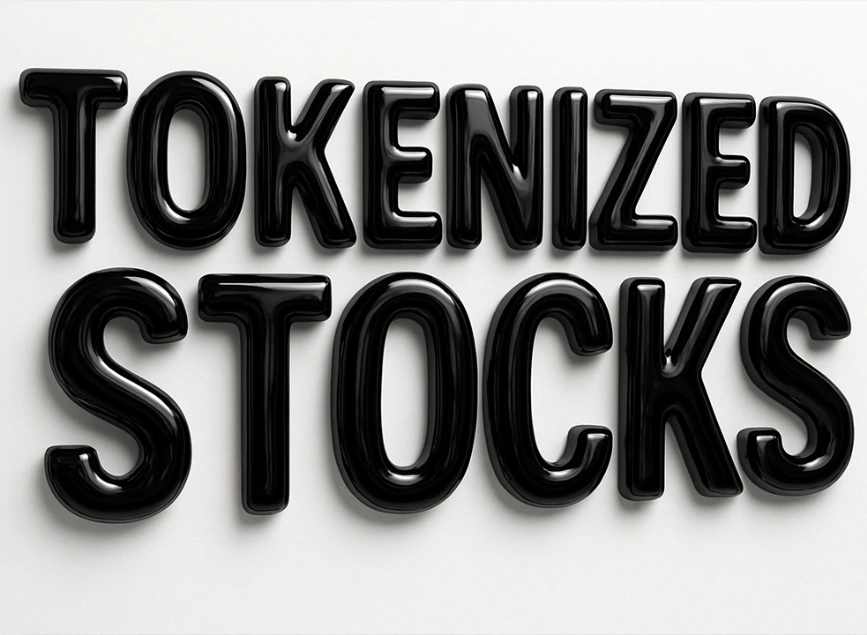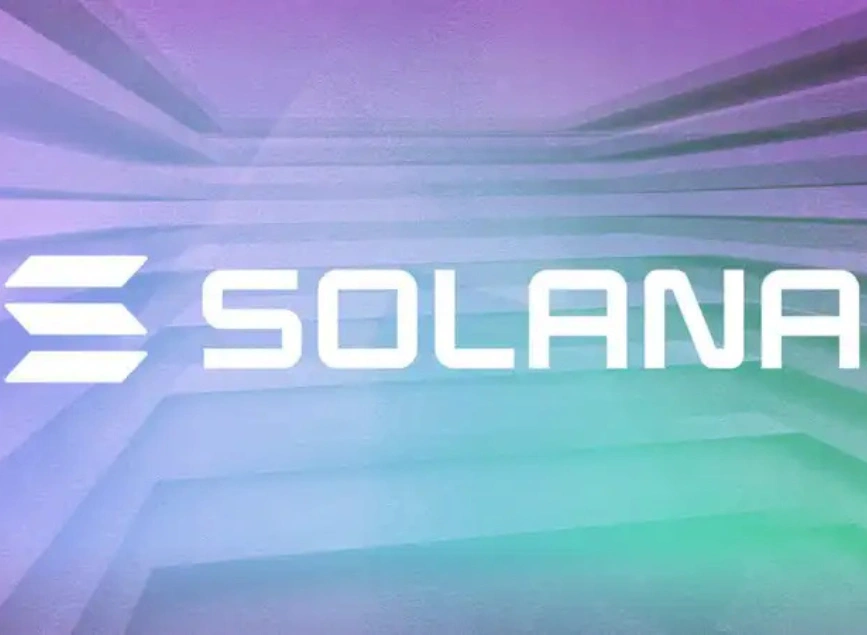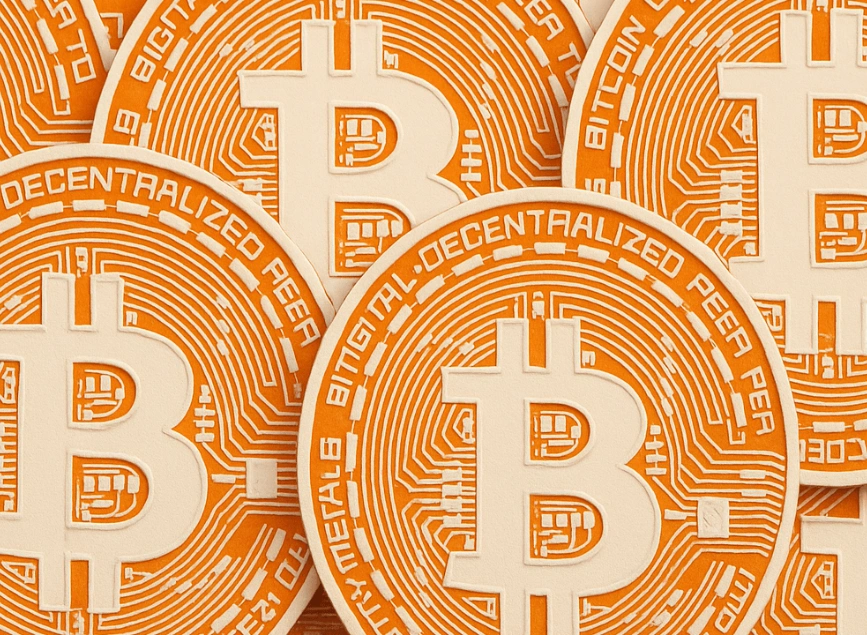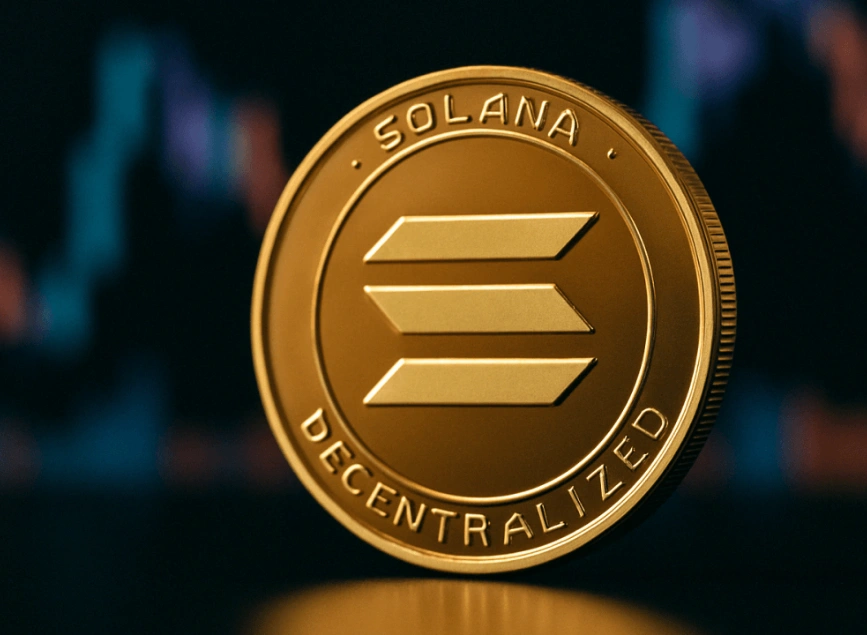
Equity Tokenization Faces Regulatory Roadblocks: Can It Deliver on Its Promise?
The idea of equity tokenization, digitizing company shares on a blockchain, has long been viewed as a way to open financial markets to a broader audience. Yet, despite all the hype, real-world adoption has lagged behind. A recent dispute involving Robinhood and tokenized OpenAI shares brings this issue sharply into focus.
📌 Key Takeaways
- ✅ Tokenized equities aim to make stock markets more accessible via blockchain.
- 💸 Current laws favor wealthy, accredited investors over the general public.
- 🚧 Regulatory restrictions, especially in the U.S., are slowing adoption.
- 🧠 Critics argue financial literacy, not wealth, should determine investment access.
- 📉 Without reforms, public markets may become exit routes for insiders.
📊 Robinhood vs. OpenAI: A Case of Consent and Control
Fintech firm Robinhood made headlines after distributing tokenized shares of OpenAI without the AI company’s explicit approval. OpenAI objected, stating the tokenization occurred without its consent. In response, Robinhood maintained that its tokenized stock was fully backed by its own stake in OpenAI, making additional permission unnecessary.
While the debate appears to have cooled, the controversy illustrates the messy legal and ethical waters that equity tokenization still navigates. Even as this technology promises to unlock trillions in capital, it cannot succeed without clear legal frameworks and industry consensus.
🚧 Regulatory Hurdles Continue to Slow Progress
A major reason equity tokenization hasn’t taken off is outdated regulation. In the U.S., the Securities and Exchange Commission (SEC) is still working under frameworks built in the 1940s—long before blockchain technology ever existed. Applying these old rules to new systems is proving to be a major bottleneck.
Read More: Tokenized Gold: Why Investors Are Choosing Gold DAO Over ETFs
💬 “Only the Wealthy Get In Early”
Alex Davis, CEO of Mavryk Dynamics, argues that U.S. regulations like Reg D, Reg A, Reg C, and Reg S have created a two-tiered system. These rules give early investment access to accredited investors, roughly the top 1% while blocking 99% of everyday investors.
“This creates a system where only the wealthy can access early-stage opportunities,” Davis said. “Retail investors are forced to wait until IPOs, when much of the value has already been captured by insiders.”
By the time the public gets in, high-growth stocks may have already peaked. That’s a tough reality for retail investors hoping to ride the next big wave in AI, biotech, or fintech.
📋 Regulatory Access Table
| Investor Type | Access to Tokenized Equities | Regulatory Barrier |
|---|---|---|
| Accredited Investors | High | Meets wealth/income thresholds |
| Retail Investors | Low | Restricted by Reg D, Reg A, etc. |
Can Tokenized Equities Still Succeed?
The promise of equity tokenization isn’t dead but it’s delayed. As more fintech firms test the waters and public interest grows, the pressure is on for regulatory bodies to modernize their approach. Until then, true democratization of equity markets remains out of reach.
📢 Join the Conversation
Do you believe equity tokenization can still revolutionize finance? Or is it just another overhyped tech trend? Drop your thoughts in the comments below, and don’t forget to share this article with your network!
Share
Hot topics

Best broker for gold trading
There’s always been a certain magic about gold. Before online charts and trading applications, people stored their wealth in coins and bars, trusting that gold would retain its value during...
Read more




Submit comment
Your email address will not be published. Required fields are marked *